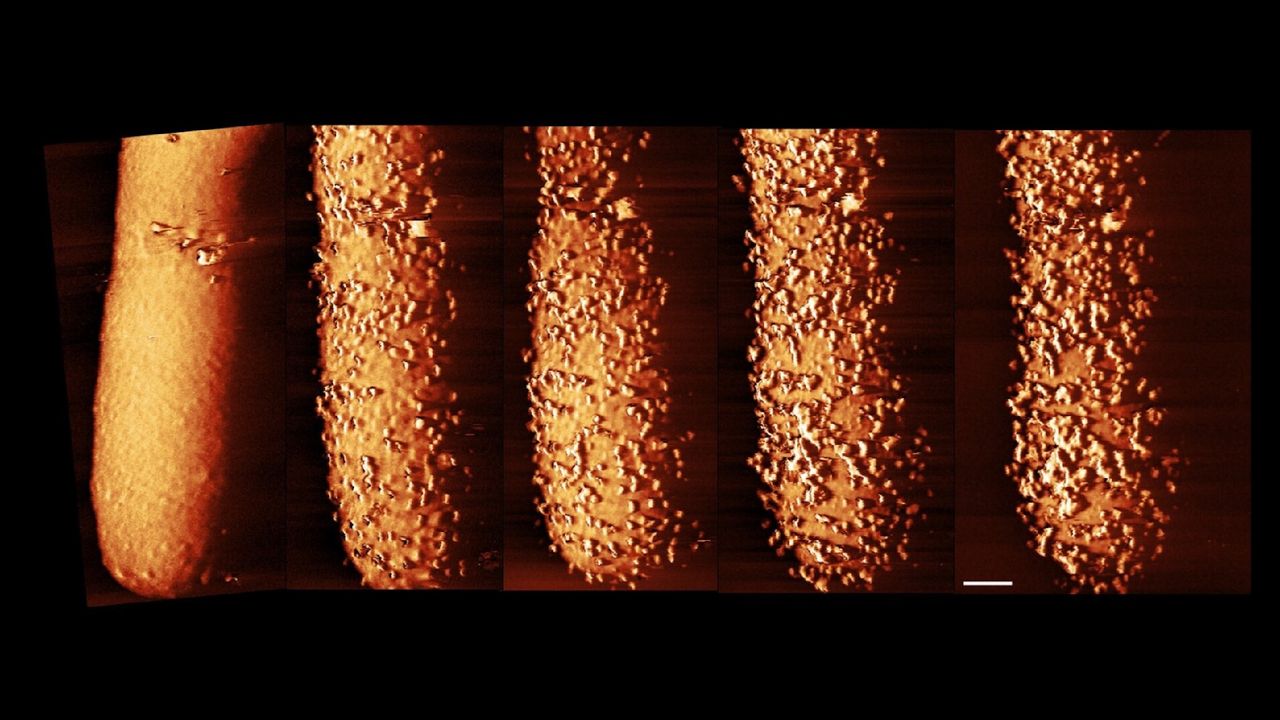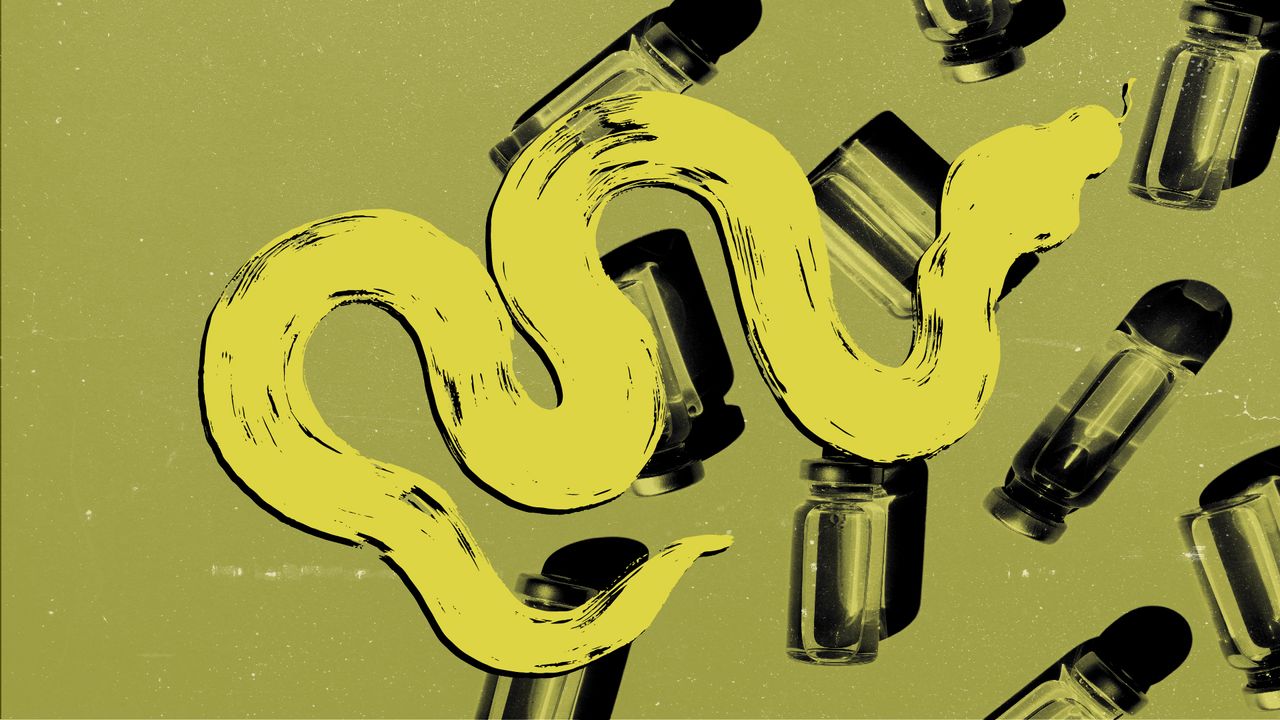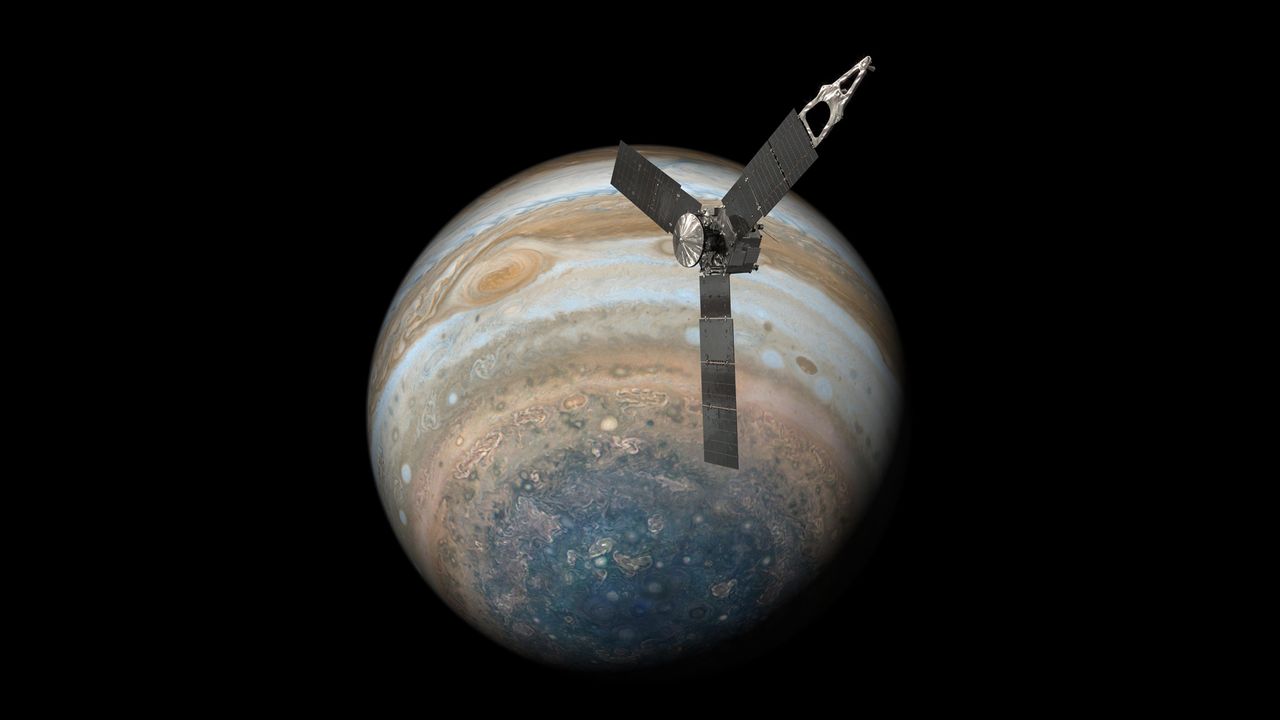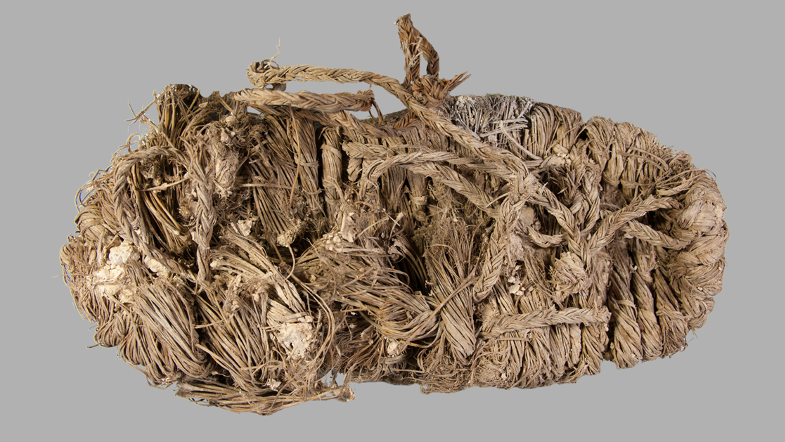Unique gene variants in the Turkana people of Kenya may help them survive harsh desert heat
NeutralScience
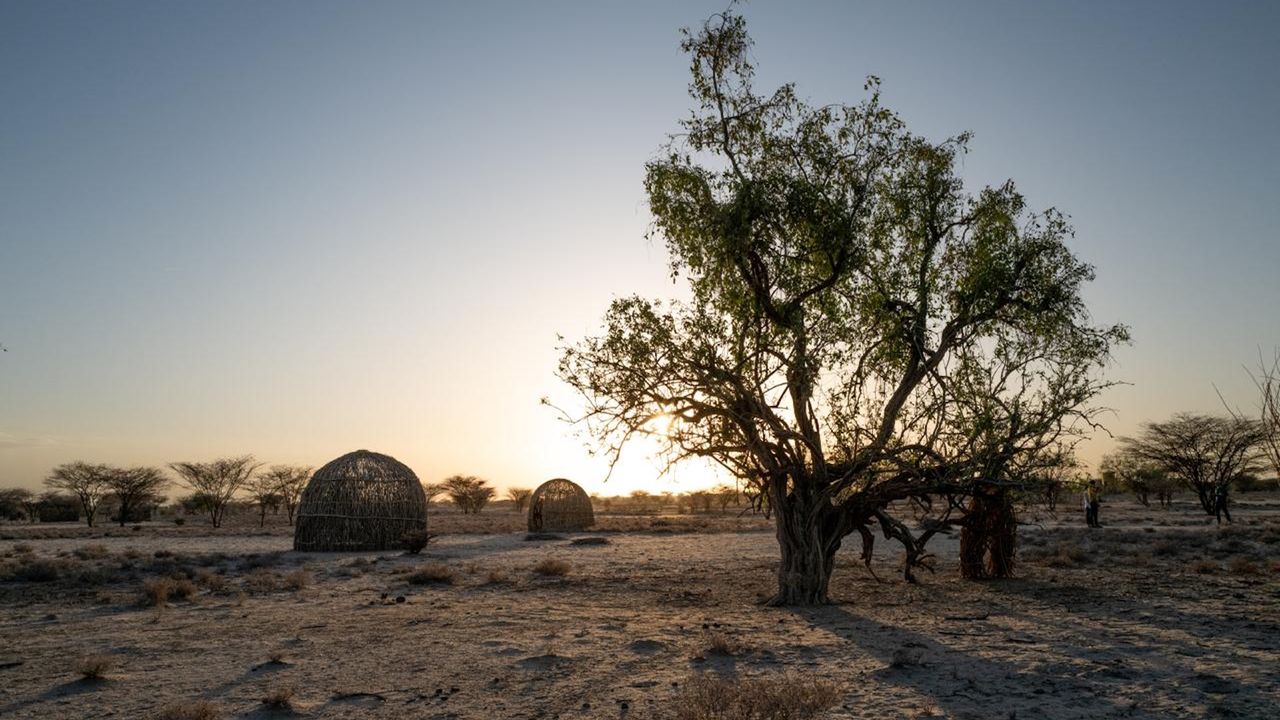
Recent research has uncovered unique gene variants in the Turkana people of Kenya that enable them to conserve water in extreme desert conditions. This discovery is significant as it highlights how human genetics can adapt to environmental challenges. However, early data also indicate that these same genetic traits may increase susceptibility to certain diseases when the Turkana move to urban areas. This duality raises important questions about the impact of environmental changes on health.
— Curated by the World Pulse Now AI Editorial System
